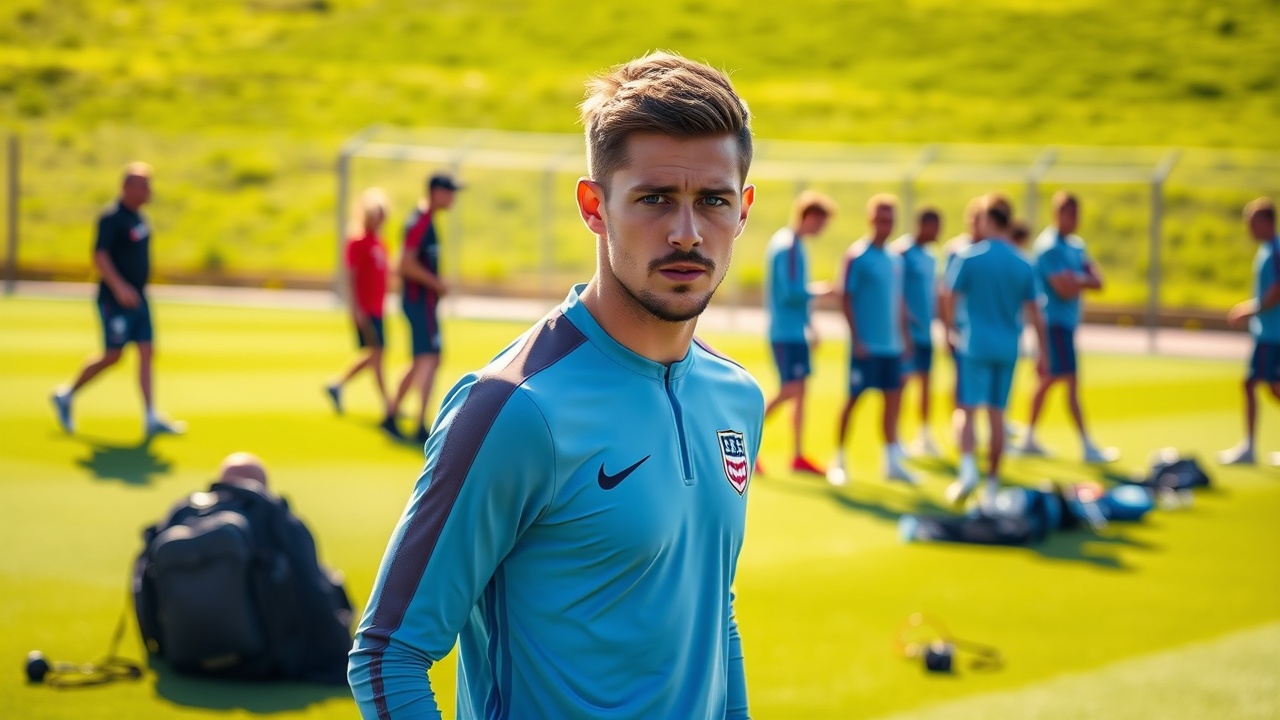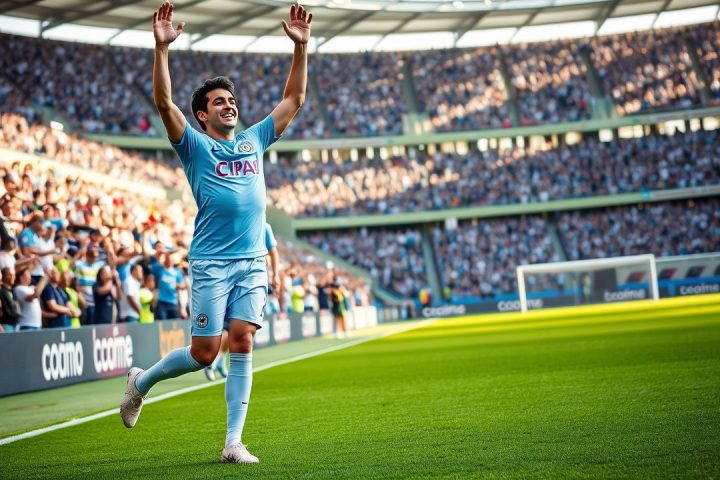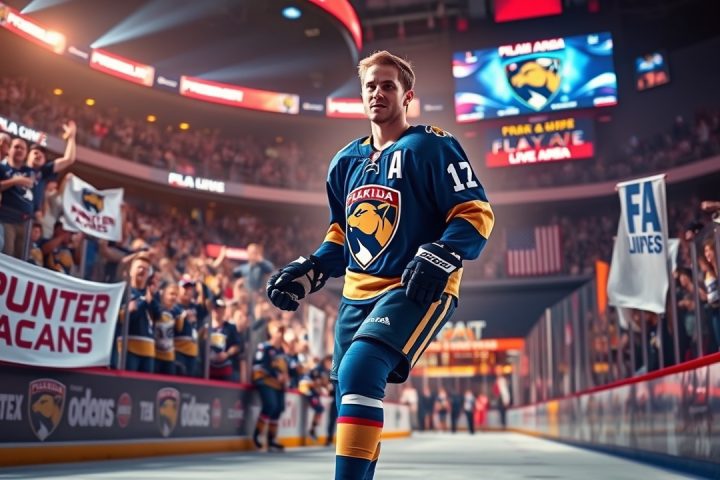Mark Pulisic Defends His Son
Mark Pulisic, father of U.S. soccer star Christian Pulisic, came to his son’s defense on Monday following remarks made by Landon Donovan. The former U.S. player expressed disappointment regarding Pulisic’s choice to withdraw from the upcoming Gold Cup, opting instead to rest after completing his season with AC Milan.
Donovan’s Critique
During the broadcast of the UEFA Nations League final on Sunday, where Portugal triumphed over Spain in a penalty shootout, Donovan aired his grievances about players like Pulisic opting out of international duty. He underscored the importance of representing one’s country, implying that such decisions reflect poorly on professional athletes’ commitment to their national teams.
“This is what it means to represent your country,” Donovan asserted vehemently. “If you don’t want to embrace that responsibility, then don’t play.”
Donovan expressed frustration at the thought of American players choosing leisure over national representation. Although he did not specifically mention Christian Pulisic, it was clear his comments resonated with the decisions made by Pulisic, Yunus Musah, and Antonee Robinson—all of whom have opted out of the tournament for rest while not facing injuries, according to USA Today.
Mark Pulisic’s Response
In defense of his son, Mark Pulisic took to social media to highlight Donovan’s own hiatus from soccer in the 2012-2013 season. He shared an interaction with ChatGPT that detailed how Donovan had taken a break from the game due to mental and physical fatigue, ultimately missing the 2014 World Cup roster as a result. The AI-generated response noted that the sabbatical allowed Donovan to recharge before making his return to soccer.
Mark Pulisic shared the ChatGPT excerpt on Instagram, a post that received support from Christian, who liked the reply. This family rebuttal comes amid a backdrop of critical voices surrounding Pulisic’s decision, with former U.S. international Alexi Lalas echoing similar sentiments regarding the importance of building team cohesion as the World Cup approaches in 2026, which will be co-hosted by the U.S., Canada, and Mexico.




